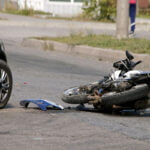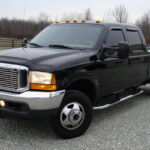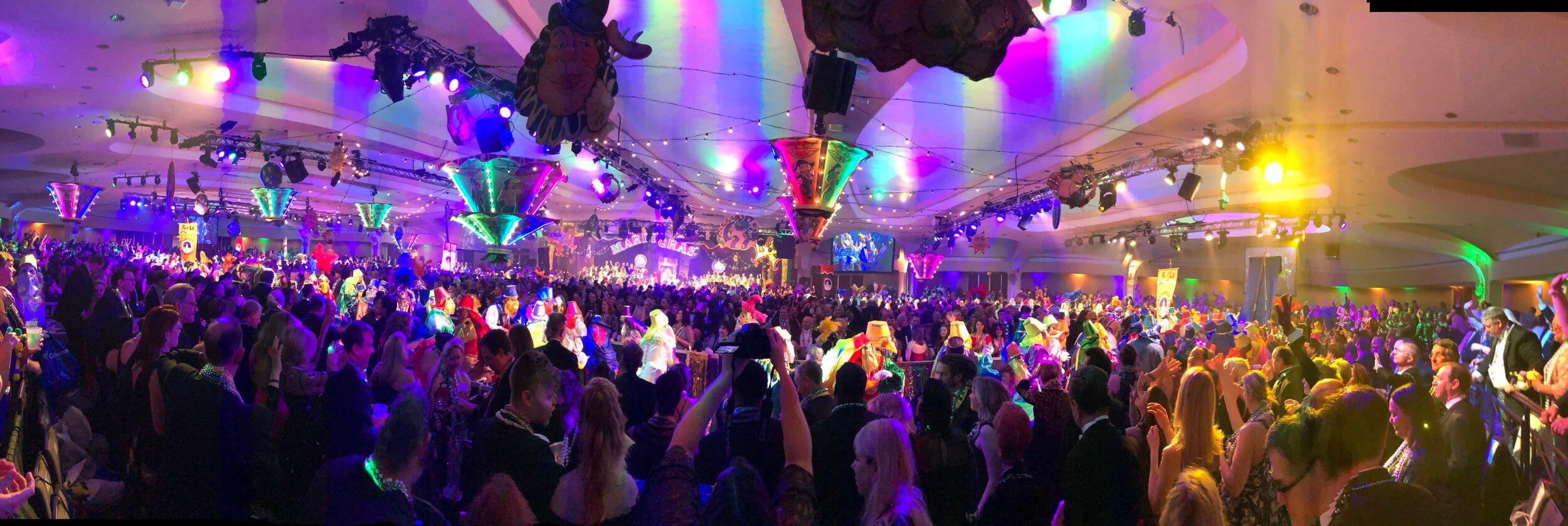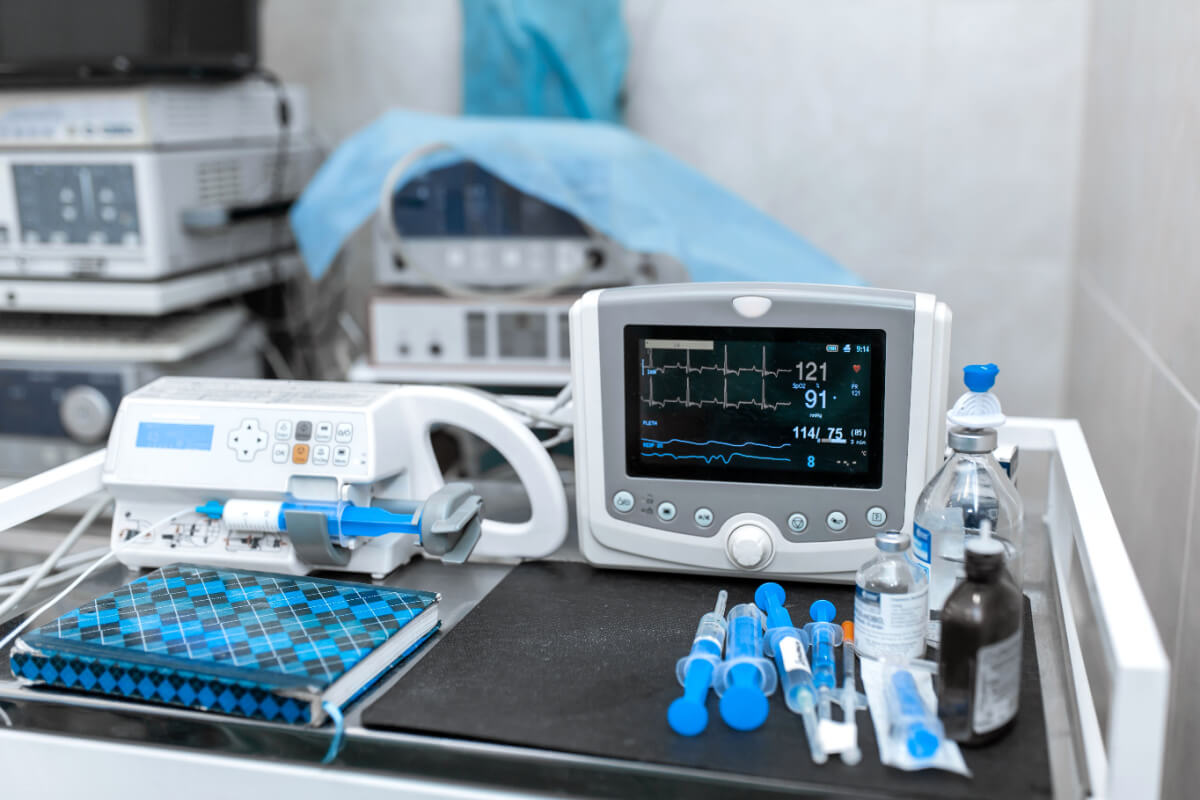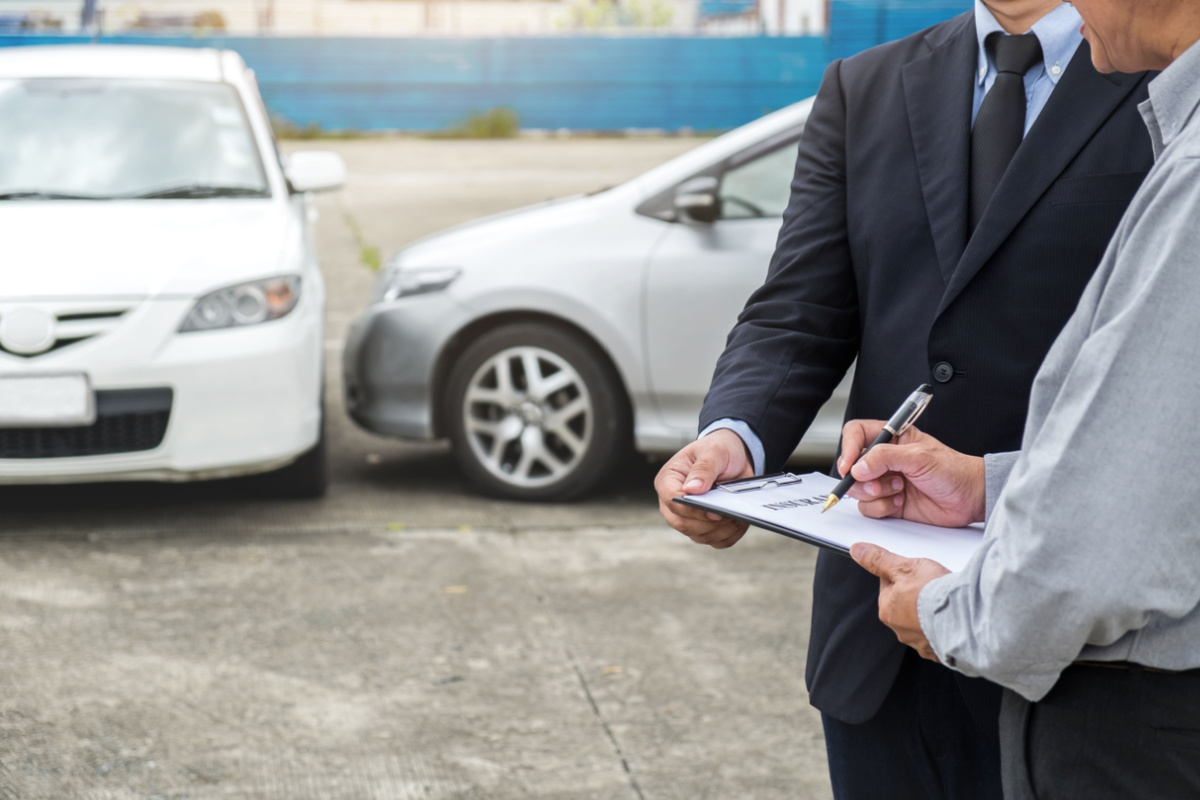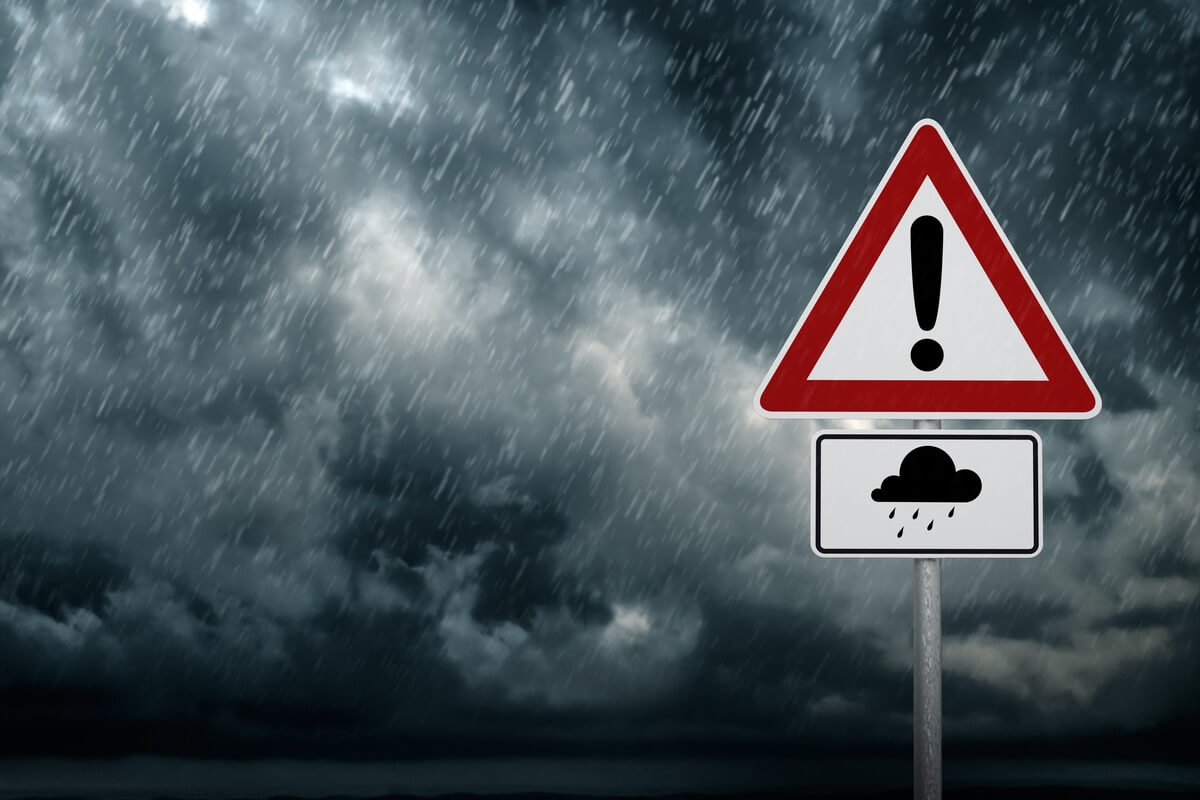
During the hurricane season of 2020, Louisiana was already ensnared in the world-changing COVID-19 pandemic when three hurricanes—Laura, Delta, and Zeta—hit the state. Millions of people were affected, lives upended. These individuals were forced to spend the next year rebuilding and repairing homes and businesses.
August 2021—a year later, the pandemic was still raging when Hurricane Ida came rushing in at 150 mph. The category 4 storm made landfall in Port Fourchon.
Brutal winds tore through the bayou and up the river parishes, slamming into New Orleans and the surrounding parishes. Endless sheets of rain poured into the waterways, making the levels rise and flood. Some areas were also forced to deal with fires in the middle of all of this chaos.
Widespread power outages left millions without electricity for weeks. Many relied on emergency generators, and some of them were poisoned by the generators emitting carbon dioxide—at least three died.
Now in 2022, with an entire year to assess the extent of the damage Louisiana has suffered, the results are immense insured loss and property damage. And more may be coming.
History Repeating Itself
In the aftermath of a disaster, natural or otherwise, everyone looks to monetize a situation. Building materials for repairs or rebuilding spike. Insurance companies will try to get away with the lowest offers. When so many are affected, individuals can fall through the cracks of federal agencies like FEMA.
Because federal and state programs do not always do enough, communities ban together. Neighbors, churches, and volunteers create safety networks to help each other in specific ways that only residents of an area could understand.
Residents often end up relying on their communities when the programs run by the government do not work for them. This reliance on the community is threatened by constant recurring storms. Can communities rebuild before the next storm comes along to wreak more damage on an area that has already seen its share of hardships?
Louisiana residents are resilient, but these obstacles make for a sluggish return to normal. If the act of patching, repairing, rebuilding, and reshaping communities is needed, often people need someone representing them, working on behalf of the residents, in the best interest of the communities we belong to.
Often with natural disasters, many decide to move away. Losing neighbors, the fabric of a community can demoralize, can cause communities to lose identity, and can cause a financial spiral. Many people may ask: What is the point of rebuilding if it just gets destroyed by wind again, or flooded again? Why stay and be forced to survive for weeks without the basic comforts of modern living?
Alvendia, Kelly, and Demarest Law Firm has the Experience
Every year may present Louisiana with volatile and uncertain circumstances. The team at Alvendia, Kelly, and Demarest Law Firm has built a successful legacy of assisting clients during trying times.
In the aftermath of Hurricane Katrina and Gustav, we helped calm the calamity. When BP’s Deepwater Horizon spilled oil, we helped clean up the mess. When the Hard Rock Hotel collapsed, we helped pick up the pieces. And during the pandemic, we were there when our clients needed us
In our times of disaster and devastation—hurricanes, floods, unforeseen tragedies—we are here to manage property damage claims for clients all over Louisiana.
Insurance companies may try to take advantage of hurricane survivors. When homes and businesses have been lost or damaged by a disaster, claim adjusters know policyholders are discombobulated, seeking assistance as soon as possible. They use this window to offer less than the full compensation that they owe.
Offering less than a claim’s worth is just one bad faith practice insurance companies may try. Other common examples include:
- Not conducting timely and thorough investigations
- Not paying valid claims
- Not giving proper reasons for denying claims
- Not telling the truth about what a policy includes
- Not deciding on claims or delaying payments
- Not approving requests for medical treatments
- Not paying because damage is falsely reported as pre-existing
- Not acting professionally or making threatening statements
- Not accurately representing laws or the policy
- Not honoring requests for documentation or falsifying documentation
- Not making reasonable settlement offers
- Not considering appeals after claim denials
Mitigation can be a complex and energy-draining process. It is the last thing someone needs to do after a disaster when they should be focusing on recovering from the catastrophe.
Preparing a Survival Kit for a Property Damage Insurance Claim
Whenever damage occurs and mitigation is in the future, there are ways to help streamline the process. It is essential to face the coming storm with the appropriate supplies.
It is important to remember that after a hurricane, insurance companies are swamped with claims. Clarity is the key to a successful settlement. Here is a checklist to help clarify a claim:
- Take lots of pictures and videos of all the damage. No matter how severe, a record is still needed.
- Protect undamaged property from receiving new or additional damage
- Keep a copy of the most recent insurance policy nearby.
- List all damaged items and itemize all the damage to property using relative details—the item’s value, the purchase date – include all available receipts.
- Report all losses to the insurance company as soon as possible. Log all conversations with insurance companies, including details. Be persistent when following up until you get a claim number.
- Keep an expense report for any expenditures resulting from the hurricane. These expenses may stem from evacuations, displaced living, meals, and hotels. Make sure to keep all receipts.
- If repairing damaged property before a claim is settled, use only Louisiana-licensed and reputable contractors. Verify all contractors with state and local agencies. Do not get conned by shady contractors and never pay for repairs in advance.
- Contact us at the Alvendia, Kelly, and Demarest Law Firm to discuss the claim.
After a major natural disaster like a hurricane, we manage claims, big and small, for our clients. These claims may involve common problems like flooding, power outages, property damage, and a wide range of personal injuries from dehydration to electrocution to carbon monoxide exposure.
In the wake of such calamities, it’s crucial to be informed and prepared. For those who have faced property losses during the 2020 hurricane season, our detailed guide on hurricane property loss can be immensely helpful. Sometimes, hurricane damages might not be immediately evident; our article on discovering hurricane damage late sheds light on this aspect.
Before any storm hits, it’s always a good practice to check your insurance. Beyond just legal assistance, we are also deeply involved in community aid, ensuring that everyone gets the help they need. And while hurricanes bring their own set of challenges, we also specialize in cases related to truck accidents, ensuring comprehensive support for all.
And we are here if the worst happens. Hurricanes often result in the loss of life. We are here for our neighbors, offering protection from the aftermath of any catastrophe.
Categories

In 2003, after being dissatisfied with the quality of legal care for victims of car accidents, Roderick ‘Rico’ Alvendia sought to establish a new firm focused on providing high-quality legal services to aid injured victims and their families. J. Bart Kelly, sharing Rico’s passion for upholding justice, joined the firm later that year, and established a partnership.

